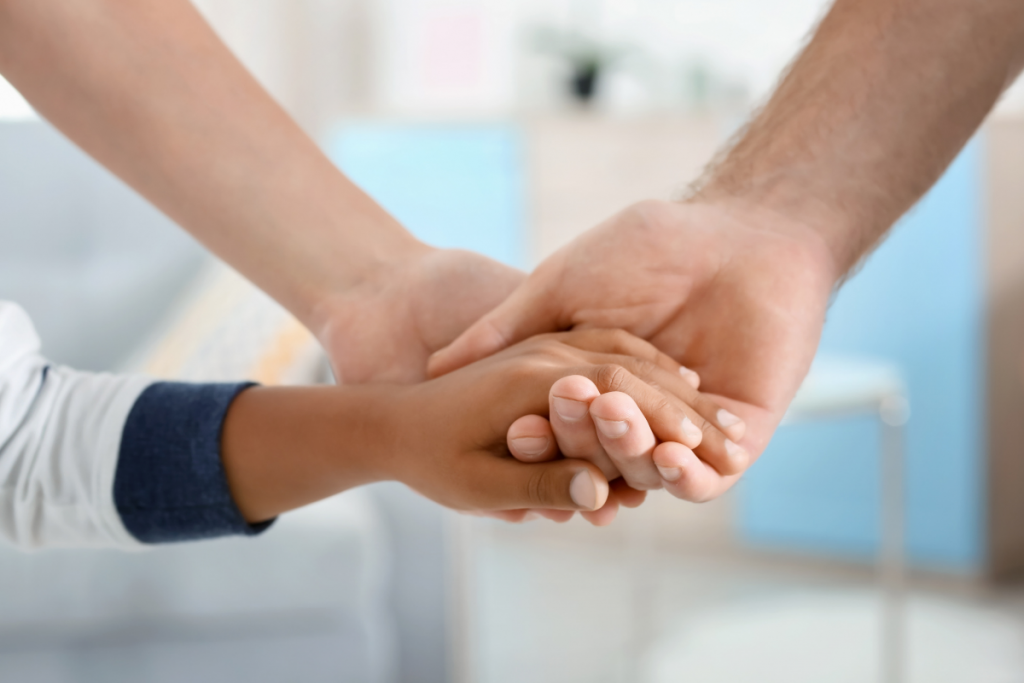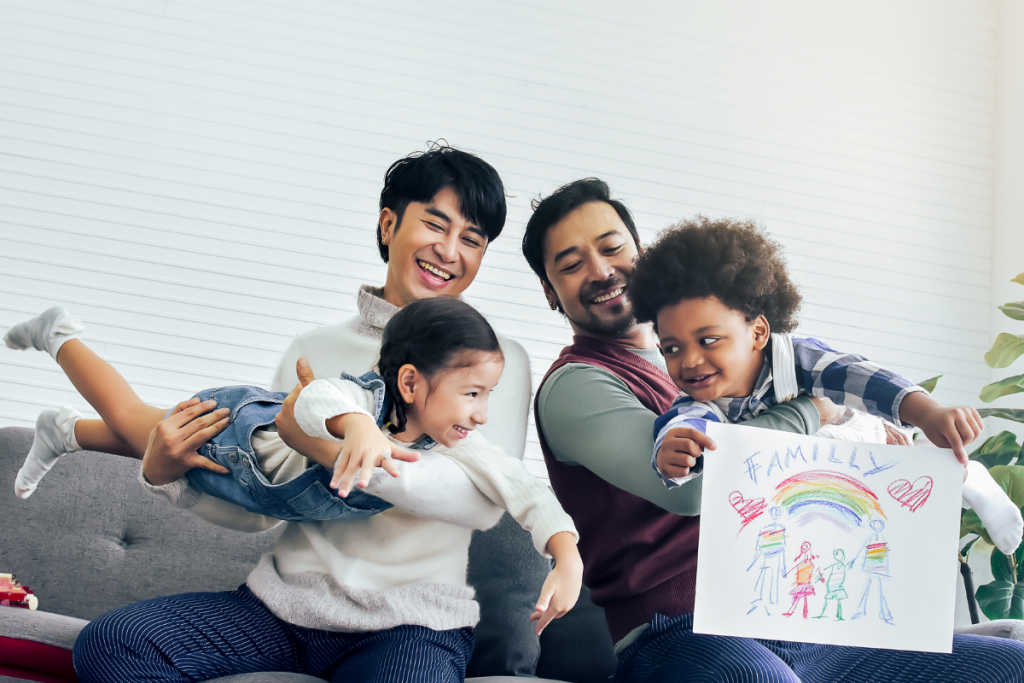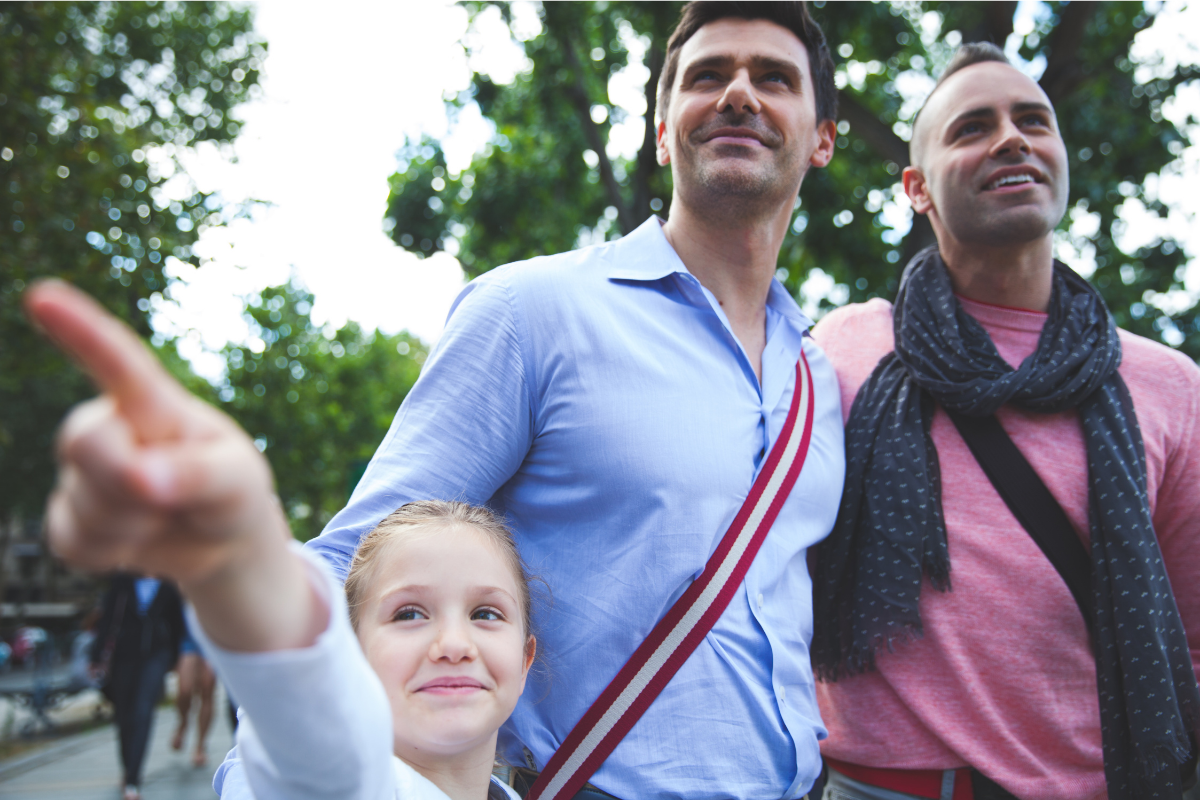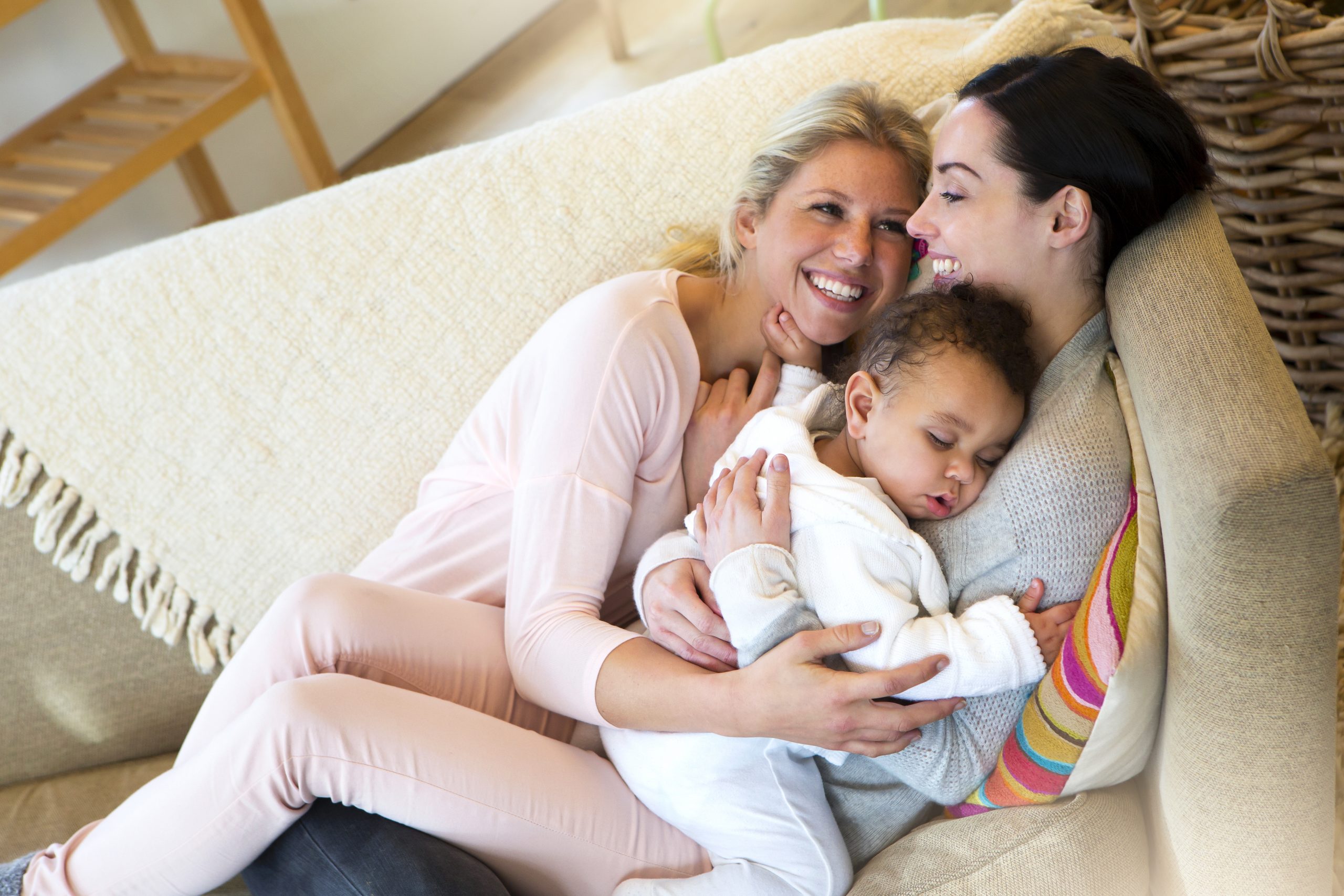“When we held our daughter for the first time, it felt like all the waiting, paperwork, and uncertainty had been worth it.” For Ebony and Denise, known to their YouTube followers as Team2Moms, adoption was more than a path to parenthood, it was a moment of triumph, joy, and affirmation. Across the UK, LGBTQIA+ individuals and couples are increasingly embracing adoption as a way to form families, navigating legal frameworks, financial hurdles, and social expectations along the way. From celebrities to online creators to everyday parents, these journeys highlight a truth: love and commitment define family, far more than biology ever could.
Domestic Adoption in the UK: Progress and Ongoing Challenges

In England and Wales, the Adoption and Children Act 2002 finally allowed same-sex couples to adopt, removing the requirement for marriage. By 2023, research from New Family Social showed that around 20% of adoptions involved same-sex couples, a major milestone for LGBTQIA+ inclusion.
Yet barriers persist. A 2021 report by Barnardo’s found that many queer adopters feel they must “prove” their suitability more than heterosexual peers, with intensive background checks, home studies, and medical reviews adding extra scrutiny.
Love and commitment, rather than biology, form the foundation of many LGBTQIA+ families. Domestic adoption, while challenging, offers a pathway to lasting stability, joyful, yet demanding. “Our family is built on love and acceptance, and that is what truly matters,” say Ebony and Denise of Team2Moms. Rosie O'Donnell, who has adopted all five of her children, beautifully articulated this bond to her son. She recounted a moment when her son Parker, as a child, inquired if he had grown in her tummy. She lovingly responded, “No, you grew in my heart.”
Domestic adoption is also financially more accessible. UK agencies cannot charge fees beyond medical checks and court proceedings, and families benefit from structured post-adoption support through local authorities and charities. For many LGBTQIA+ parents, this combination of affordability and support is decisive when choosing the domestic route.
International Adoption: Restrictions and Rising Costs

Some families are drawn to international adoption to preserve cultural connections or pursue the possibility of adopting younger children. Yet numbers have fallen sharply, from 162 adoptions in 2011 to just 25 in 2022, according to the Department for Education.
Legal frameworks such as the Hague Convention on Intercountry Adoption protect children from trafficking but also introduce bureaucracy and expense.
LGBTQIA+ prospective adopters face particularly steep barriers overseas. Countries including Poland, Nigeria, and much of the Middle East restrict adoption to heterosexual married couples. Where adoption is not outright banned, de facto limitations remain. Costs add another layer of exclusion: UK assessments alone can range from £12,000 to £25,000, with total expenses sometimes exceeding £100,000.
Tor Docherty, Chief Executive of New Family Social, notes that international adoption is a “deeply personal choice” shaped by immense complexity. Actor Neil Patrick Harris has shared his decision to adopt with husband David Burtka: “We really, really wanted kids. We really had thought it through financially, emotionally, relationship-wise. And it was a great decision.” Burtka adds, “We love the idea of adoption and wanted to create a family filled with love and laughter.”
Creators such as Terrell and Jarius, known online as 2 Dads Are Better Than 1, illustrate this reality. As Black gay fathers raising two children, they challenge stereotypes and redefine fatherhood, showing that international or domestic, adoption remains a space of both systemic exclusion and personal triumph.
Intersectional Barriers in Adoption

Access to adoption is shaped not only by sexuality and gender identity, but also by class, race, and family structure. Middle-class applicants often have resources to manage lengthy processes, while working-class families face barriers such as unpaid leave and legal costs.
Racial bias continues to affect placement. A 2020 study by CoramBAAF found that Black adopters are often matched only with Black children, who generally wait longer for adoption. As Essence reports, Black LGBTQ+ parents also face social prejudice and, in some cases, legislative threats, particularly concerning transgender children.
Despite these obstacles, families remain resilient. Online creators provide visibility and affirmation. Nyesha, Sam, and Abby of Two Mommies and a Baby showcase everyday family moments, highlighting the joys of queer parenting. Jamila and Que Svansson-Brown, as a #TwoMomFamily, model pride and joy in Black queer parenting. Meanwhile, Red J. and Ashley J. of 2MomCulture combine advocacy with parenting, demonstrating that family life and activism often go hand in hand. From celebrities to online creators to grassroots advocates, these stories affirm that LGBTQIA+ adoption is grounded in love, resilience, and belonging.
Choosing the Right Adoption Path

Domestic adoption offers legal certainty, lower costs, and structured post-adoption support, though families often adopt older children or those with additional needs. International adoption may appeal for cultural reasons or the possibility of adopting an infant but comes with high costs and significant restrictions.
What unites both paths is the centrality of love and permanence. As Tor Docherty reminds us, “Children need parents who can provide love and stability, whatever their sexuality or gender.” Adoption within LGBTQIA+ communities is about reimagining family itself, grounded in belonging, resilience, and the promise of a secure home.
Resources for Prospective LGBTQIA+ Adopters

Prospective adopters can find guidance through organisations such as Family Rights Group, Stonewall, or the UK government’s adoption advice. These resources provide practical advice on eligibility, legal frameworks, and support for LGBTQIA+ families.

